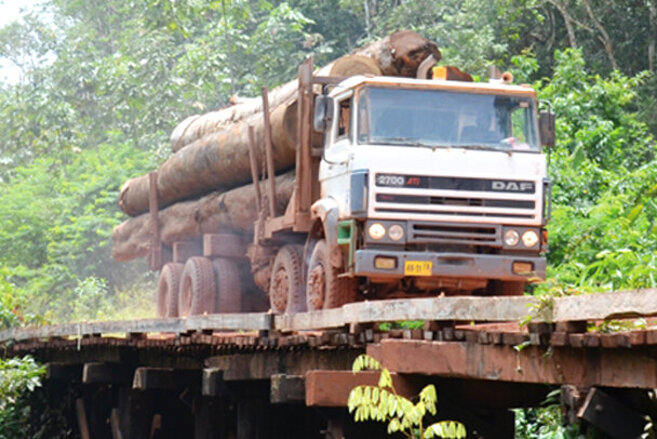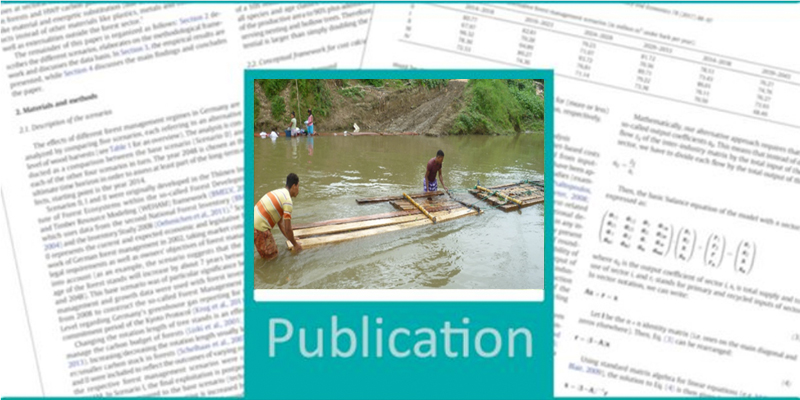We examined preferences and willingness-to-pay (WTP) of Ecuadorian households for a proposed forest conservation program aiming to avoid 500 km2 of deforestation in Ecuador (i.e. the current annual deforestation area). The monthly mean WTP per household lies between $6.28 - $3.17, depending on analysis method. Aggregated over all households, Ecuadorians are willing to pay more than 150 million US$ per year for avoiding deforestation in their country. This is far more than the costs of some current protection programs. Our WTP estimates provide aggregate information that could support the design of forest policy instruments by incorporating citizens´ preferences.
- Gordillo Vera F, Elsasser P, Günter S (2019) Willingness to pay for forest conservation in Ecuador: Results from a nationwide contingent valuation survey in a combined "referendum" - "Consequential open-ended" design. Forest Pol Econ 105:28-39, DOI:10.1016/j.forpol.2019.05.002
Link to the project site
- Project brief 01 · Fernando Gordillo et al. · 13.9.2019









